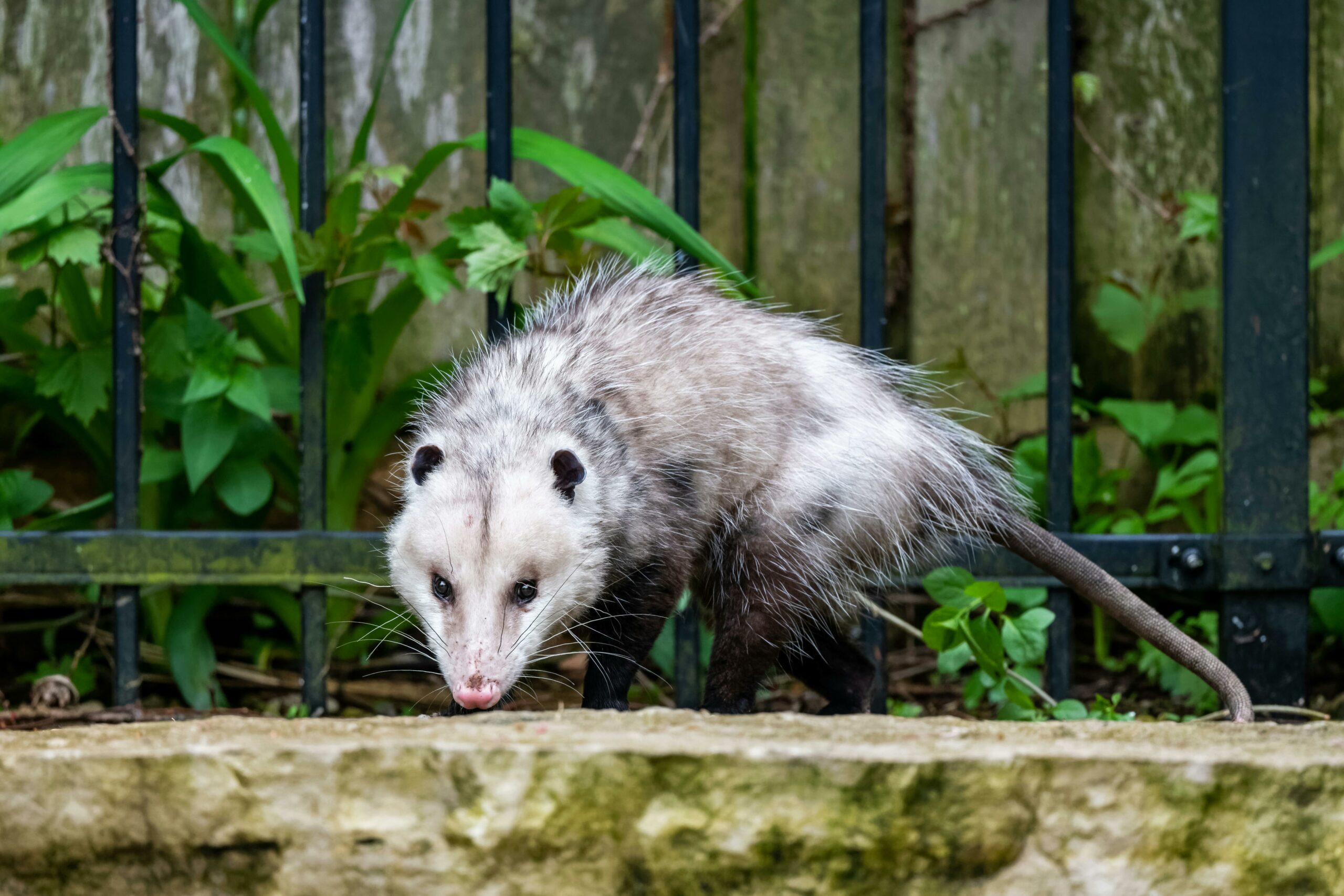Reassessing the opossum-tick relationship: Insights from a 2021 study

MACOMB, Ill. — It seems like every social media exchange where the topic of ticks or possums comes up, I see a meme or photo glorifying the possum and saying they will keep ticks out of your yard.
This statement is based on a 2009 study that showed possum grooming led to them devouring ticks from their bodies. I’m not an opossum expert. I study plants. I’ll let the wildlife biologists make the call on this one. If they say opossums eat lots of ticks, then opossums must eat lots of ticks.
Last week an interesting research paper landed in my email inbox. It was a 2021 study published in the journal Ticks and Tick-borne Diseases titled “Are Virginia opossums really ecological traps for ticks? Groundtruthing laboratory observations.” (Cool fact: This study was done right here in central Illinois from Eureka College.) Turns out we may have been a bit hasty on this whole “possums eat 5,500 ticks per week” idea.
Let’s break down some of the 2021 study, starting first with what the literature says about opossums eating ticks:
- The authors of the 2021 study looked at 23 other published papers that examined the diets, some including scat or gut contents of Virginia opossums. None found evidence of tick nymphs or adults being eaten by opossums.
- All studies showed a preference for insects and other invertebrates in the opossum’s diet. However, there is variation based on seasonality and rural vs. urban environments.
The authors of the 2021 study also closely examined the 2009 study:
- The 2009 study captured five Virginia opossums (a very small sample size) and placed 100 larval ticks on each in a confined laboratory setting. And then counted how many ticks fell off after every 24 hours. Possums were released back into the wild after 96 hours (four days) from being inoculated with the larval ticks.
- It is assumed that four days would be enough time to hold the animals captive as that would encompass the average feeding time a tick would need to take a full blood meal and then drop off the animal.
- How long does it take for a tick to feed on an opossum? Considering a variety of opossum and tick species numbers average from three to nine days.
- One issue identified is holding the captive opossums in an air-conditioned lab may have slowed the ticks’ metabolism. Additionally, opossums have a low metabolism and body temperature, further lengthening the time it would take a tick to take a full blood meal.
- On average 3.5 ticks fell off the five captive opossums. The remainder were assumed to have been eaten during the opossums’ grooming. The opossums were not checked for ticks before being released back into the wild. That’s kind of a big deal!
The 2021 study authors also described their research on the gut contents of 32 opossum carcasses collected from central Illinois. Ticks were found on the carcasses, but no tick parts were found in the gut contents of the animals.
Maybe we all jumped on the opossum/tick bandwagon a little too quickly. It seems opossums aren’t as voracious eaters of ticks as we thought. And attracting them to your yard may not be the trick for keeping tick numbers down. Opossums are still fascinating creatures and our only marsupial in Illinois. So, keep up the opossum love and remember to always check for ticks.
Miss Clipping Out Stories to Save for Later?
Click the Purchase Story button below to order a print of this story. We will print it for you on matte photo paper to keep forever.

